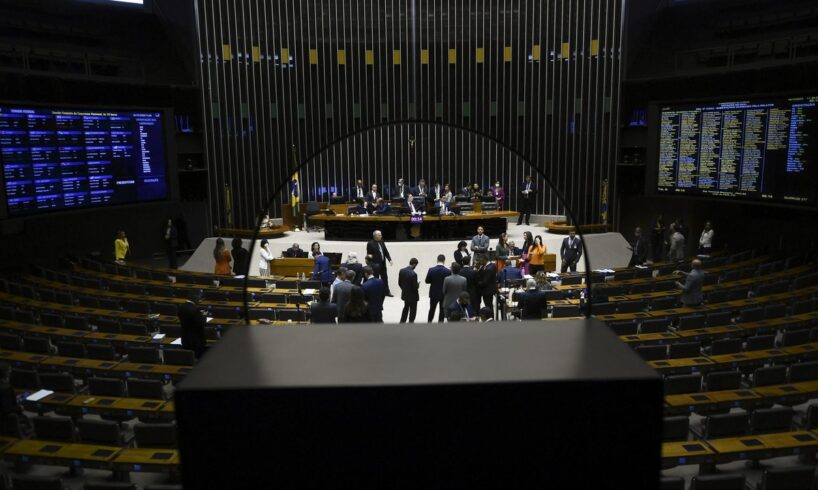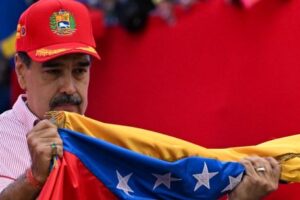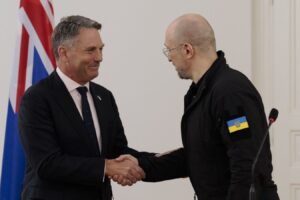
In Brazil’s electoral arena, two elements are essential for any campaign: competitive candidates and money. A year before the vote, parties begin the long process of assembling their “nominatas”—the slates of candidates that will appear on the ballot in October. It’s not a simple calculation: parties must balance the size of the electorate, the number of seats in play, and the popularity of their potential contenders. Ideally, they field as many candidates as possible to maximize votes, boost their share through the proportional representation system, and secure more seats in Congress and local legislatures.
Yet three small parties have repeatedly broken this rule. In the 2022 and 2024 elections, the Workers’ Cause Party (PCO), Unified Socialist Workers’ Party (PSTU), and Popular Unity (UP) each presented only about 100 candidates—or even fewer in some cases. None of them won a single seat. Still, each received the minimum allocation from Brazil’s public campaign financing system, the Special Fund for Campaign Financing (FEFC), totaling more than R$3 million per election.
The numbers highlight inefficiencies in Brazil’s system of public electoral funding. Even at the minimum allocation level, the modest campaigns of these parties cost taxpayers R$10.2 million in 2024 alone and R$9.3 million in 2022.
The amount could have been higher. The Brazilian Communist Party (PCB) adopted a similar strategy of fielding few candidates but has been excluded from public funding since 2022, when its 2020 campaign accounts were rejected by electoral authorities and never regularized.
For next year, Congress has proposed an electoral fund of R$4.9 billion, which would bring the minimum party allocation to roughly R$3.37 million. The figure must still be approved by lawmakers as part of the Annual Budget Law (LOA), to be voted on after the Budget Guidelines Law (LDO).
According to political scientist Vitor Peixoto of the State University of Northern Rio de Janeiro, the four small parties show little genuine interest in competing for power. “They exist primarily as ideological expressions, which is healthy for democracy,” he said. “But given how large the public financing pool is, they end up receiving more than they need.”
Mr. Peixoto added: “These are ultra-ideological parties with little interest in reaching power. They use elections to make their ideas visible rather than to win office. It’s positive that they exist—the system needs room for such expressions to prevent extremist or anti-system groups from emerging. The problem is that once campaign funding became fully state-sponsored, the amount of money involved became absurd. Even a small slice of such a large sum is considerable.”
Electoral law specialist Erika Camargo Gerhardt, a member of the Brazilian Academy of Electoral and Political Law (Abradep), agrees that the distortion stems from the size of the public fund. “The electoral fund, at its current level, discourages parties from developing alternative means of fundraising. Relying on public financing, they fail to build engagement or invest in political education,” she said.
“There’s no campaign without money,” Ms. Gerhardt added. “But this issue calls for a serious, ongoing debate involving society as a whole, aimed at improving the political and campaign-finance systems beyond the election cycle.”
Since Brazil’s Supreme Court banned corporate campaign donations in 2015, in the wake of the Car Wash corruption scandals, public funding has become the main financial pillar of electoral campaigns. In 2022, the public campaign fund more than doubled from R$2 billion in the previous election to R$4.9 billion.
Contacted by Valor, UP said it fields few candidates because “the distribution of the electoral fund is unfair” and “favors parties that already have TV and radio time, lawmakers with staff budgets and earmarks, and those that receive the party fund.” According to party president Leonardo Péricles, “As we have no wealthy members—our affiliates are workers, and some are even unemployed—our campaigns rely on the public fund and on members’ and supporters’ contributions. Under these conditions, it’s impossible to field many candidates.”
PSTU also cited inequality in how funds are distributed. “Public campaign financing should create a level playing field, but it doesn’t,” the party said in a statement. “Major parties inflate the fund to absurd levels while preserving vast inequalities that allow them to stay in power. Our campaigns and mandates aim to organize the working class and the people. Our candidates are tied to grassroots movements and struggles.”
PCO and PCB did not immediately respond to requests for comment.





